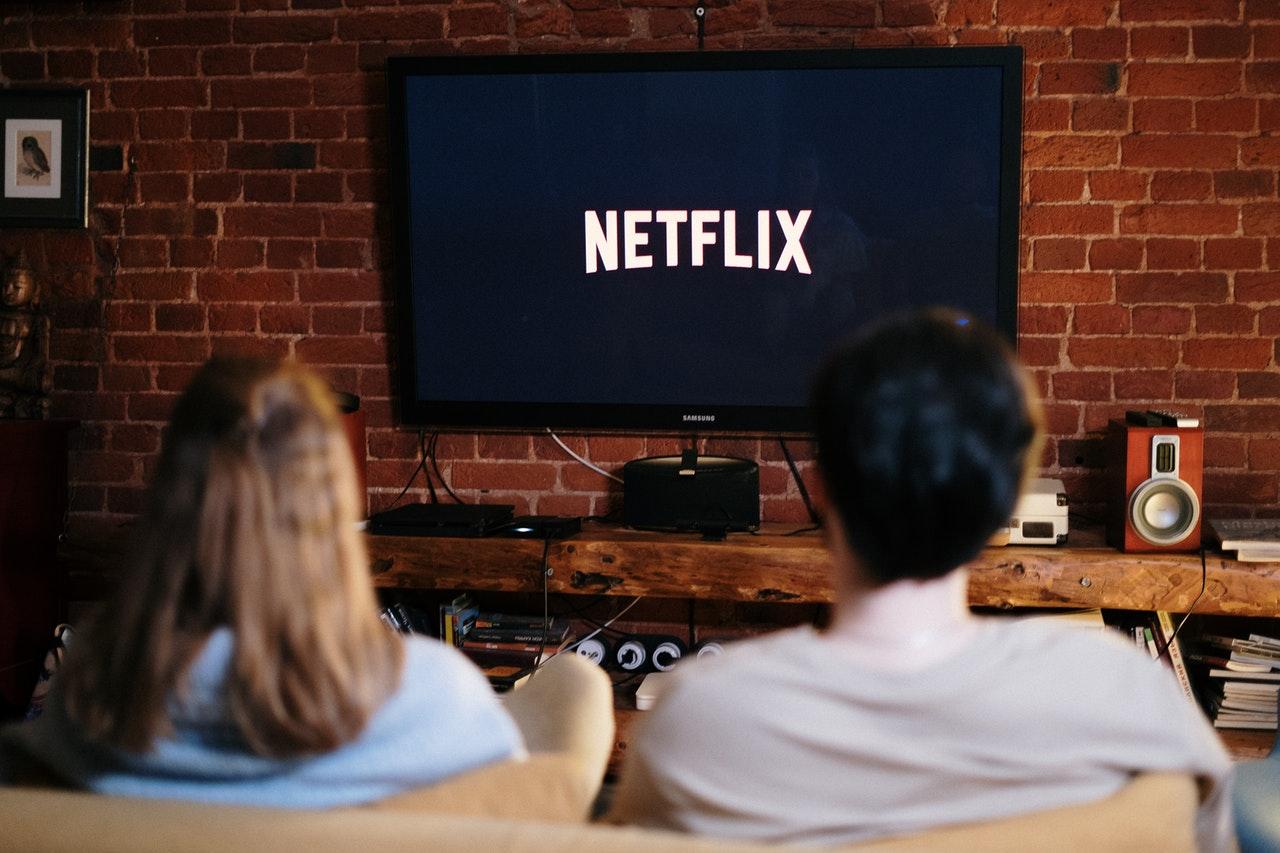Who Owns HBO and Is the Company Laying Off Employees?
There has been a flurry of layoffs in 2022. Reports suggest that HBO Max is also considering layoffs. Who owns HBO and HBO Max now?
Aug. 4 2022, Published 8:20 a.m. ET
Reports of layoffs in corporate America have become almost a daily affair amid the current earnings season. Now, reports suggest that HBO Max is also considering layoffs. Who owns HBO now?
While reports of layoffs at HBO haven't been confirmed, over the last few days, Walmart, Robinhood, Oracle, and PayPal have announced layoffs. Previously, Amazon, Tesla, Microsoft, Netflix, and Shopify have also announced layoffs. The situation has been particularly grim at former stay-at-home and mortgage companies.
HBO is owned by Warner Bros. Discovery.
In April 2022, AT&T offloaded Warner Media and merged it with Discovery in an all-stock, Reverse Morris Trust transaction for which AT&T received $43 billion as consideration. After the merger, AT&T stockholders were to hold 71 percent of the new entity while Discovery stockholders held the remaining 29 percent.
Before the transaction, Warner Bros., which was a part of AT&T, owned HBO and HBO Max. After the transaction is complete, Warner Bros. Discovery, which trades under the ticker symbol “WBD,” owns HBO.
Since Warner Bros. Discovery is a publicly traded company, it's owned by its stockholders, with AT&T being the biggest stockholder. Newhouse Broadcasting Corporation is the company’s second-largest stockholder with around an 8.2 percent stake.
Warner Bros. Discovery was expected to become a streaming giant.
While announcing the deal in 2021, AT&T said that the new entity would become one of the largest streaming companies globally. It was expected to lead to annual synergies of $3 billion. AT&T also forecast 2023 revenues of $52 billion with an adjusted EBITDA of $14 billion. It predicted a healthy free cash flow conversion ratio of 60 percent.
AT&T said, “The new company will be able to invest in more original content for its streaming services, enhance the programming options across its global linear pay TV and broadcast channels, and offer more innovative video experiences and consumer choices.”
Streaming companies are facing a slowdown.
However, that was May 2021. Over the last 15 odd months, the outlook for streaming companies has deteriorated. While Netflix lost 1.2 million subscribers in the first half of 2022, CNN had to close its streaming business within weeks. Amid the stiff competition and sagging growth, Netflix is launching an ad-supported tier to revive the growth.
There have been several high-level exits at Warner Bros. Discovery.
There were some top-level exits after Warner Bros. and Discovery merged. The company will release its quarterly earnings on Aug. 4, its first as the merged entity. The Wrap reported that Warner Bros. Discovery CEO David Zaslav will announce a restructuring of the business including big layoffs either during the earnings call or shortly after.
The layoffs would “minimize redundancies,” which something we often hear after such mergers. The merger synergies touted during such transactions invariably involve layoffs as there are overlapping roles.
Would HBO Max and Discovery+ merge?
There's also speculation that Warner Bros. Discovery would merge HBO Max and Discovery+ into a single streaming service. However, many on social media are divided given the stark difference in the content on the two platforms.
Regardless, the streaming war is now heating up. While the industry’s growth has slowed down, new players are trying to snatch market share from incumbents. Add the rising inflation, where consumers have been downtrading in streaming services also, and we might see more such “restructurings” in the streaming industry.



